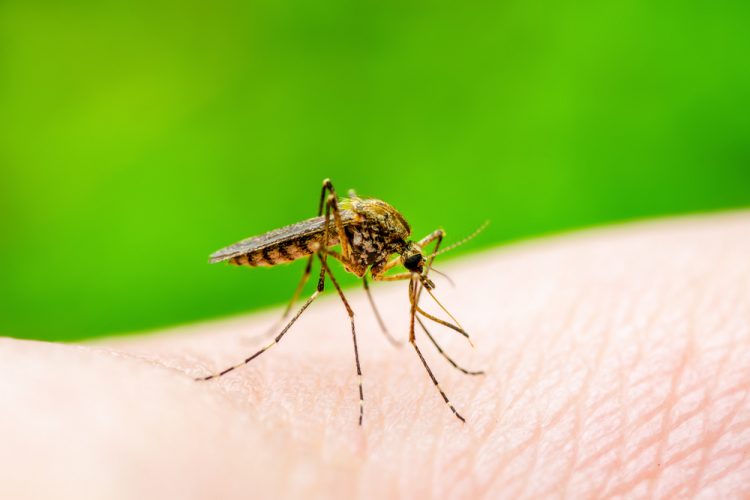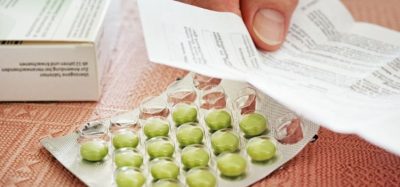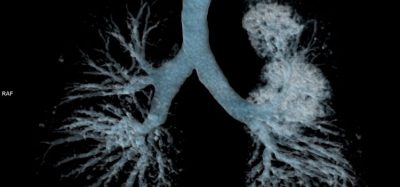Monoclonal antibody prevents malaria in small NIH trial
Posted: 12 August 2021 | Anna Begley (European Pharmaceutical Review) | No comments yet
One dose of a monoclonal antibody developed at the US National Institutes of Health (NIH) prevented malaria for up to nine months.


One dose of a new monoclonal antibody developed at the US National Institutes of Health (NIH) safely prevented malaria for up to nine months in people who were exposed to the malaria parasite. The small, carefully monitored clinical trial is the first to demonstrate that a monoclonal antibody can prevent malaria in people.
Malaria is caused by Plasmodium parasites, although Plasmodium falciparum is the species most likely to result in severe malaria infections. Laboratory and animal studies have demonstrated that antibodies can prevent malaria by neutralising the sporozoites of P. falciparum in the skin and blood before they can infect liver cells. The US National Institute of Allergy and Infectious Diseases (NIAID) trial tested whether a neutralising monoclonal antibody, CIS43LS, could safely provide a high level of protection from malaria in adults following careful, voluntary, laboratory-based exposure to infected mosquitos in the US.
CIS43LS is derived from a naturally occurring neutralising antibody called CIS43. Researchers isolated CIS43 from the blood of a volunteer who had received an investigational malaria vaccine and found that CIS43 binds to a unique site on a parasite surface protein that is crucial for facilitating malaria infection, and is the conserved across all variants of P. falciparum sporozoites. The researchers modified the antibody to extend the amount of time it would remain in the bloodstream, creating CIS43LS.
After animal studies of CIS43LS for malaria prevention yielded promising results, investigators at the Vaccine Research Center (VRC) launched a Phase I clinical trial of the experimental antibody with 40 healthy adults ages 18 to 50 years who had never had malaria or been vaccinated for the disease.
During the first half of the trial, the team gave 21 participants one dose of CIS43LS by either an intravenous infusion or an injection under the skin. The infusions ranged from five to 40 milligrams per kilogram (mg/kg) of body weight, and the subcutaneous injections were 5mg/kg. Investigators followed the participants for six months and measured the amount of CIS43LS in the blood to determine its durability over time.
In the second half, six participants who had received an intravenous infusion during the first half of the trial continued to participate. Four of these participants received a second antibody infusion while the other two did not. Additionally, four new participants joined the study and received a single intravenous infusion of CIS43LS. Seven people joined the study as controls who did not receive the antibody.
Volunteers were exposed to P. falciparum through bites of infected mosquitos in a carefully controlled setting in what is known as a controlled human malaria infection (CHMI). They were closely monitored by medical staff for several weeks and treated if they develop malaria.
Nine participants who had received CIS43LS and six participants who served as controls voluntarily underwent CHMI and were closely monitored for 21 days. During that time, one of the nine participants who had received CIS43LS developed malaria, compared to five of the six controls. The participants with malaria received standard therapy to eliminate the infection.
Among the nine participants who received CIS43LS and were protected, seven underwent CHMI approximately four weeks after their infusion. Two participants received their sole infusion during the first half of the study and were infected approximately nine months later, indicating that one dose of the antibody can prevent malaria for one to nine months after infusion. Collectively, the data provides the first evidence that administration of an anti-malaria monoclonal antibody is safe and can prevent malaria infection in humans.
A larger Phase II clinical trial is underway in Mali to evaluate the safety and efficacy of CIS43LS at preventing malaria infection in adults during a six-month malaria season. The results are expected in 2022. In addition, VRC scientists are conducting further research on CIS43LS in the US to determine the lowest dose that protects people from malaria infection.
“Monoclonal antibodies may represent a new approach for preventing malaria in travellers, military personnel and health care workers travelling to malaria-endemic regions,” said Robert Seder at VRC. “Further research will determine whether monoclonal antibodies can also be used for the seasonal control of malaria in Africa and ultimately for malaria-elimination campaigns.”
Related topics
Antibodies, Biopharmaceuticals, Clinical Development, Clinical Trials, Dosage, Drug Development, Drug Safety, Research & Development (R&D), Therapeutics
Related organisations
National Institute of Allergy and Infectious Diseases (NIAID), NIAID Vaccine Research Center (VRC), US National Institutes of Health (NIH)









